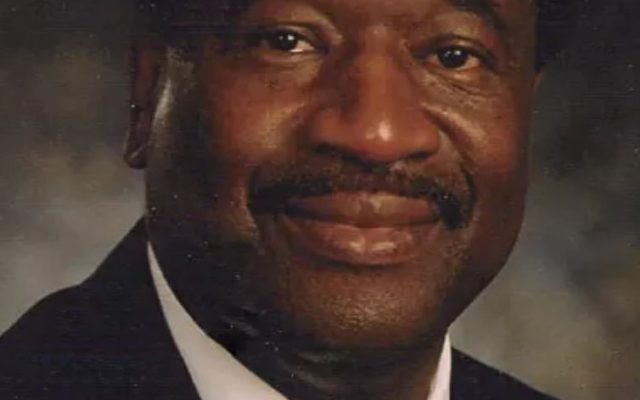
As overdose deaths continue to rise, Maine needs new tools to save lives
By BDN Editorial Board
With the COVID-19 pandemic thankfully easing in Maine, there is another epidemic — that of overdose deaths — that is worsening.
So far, this year, there have been an average of 50 overdose deaths a month, according to the Maine attorney general’s office. That puts Maine on track to have the deadliest year on record for deaths linked to substance use.
“The COVID-19 pandemic has been difficult in many ways, and this is yet another example of how it has hurt our state and our people,” Gov. Janet Mills said Wednesday as the attorney general’s office also released a report that attributed 504 deaths to drug overdoses in 2020. So far, deaths in early 2021 are higher than the same time period last year.
“As we reflect upon those we lost, let us honor their lives by rededicating ourselves to ending the scourge of substance disorder and overdose deaths in our state, preventing addiction in the first place, and expanding access to treatment and recovery options,” Mills added.
We share the governor’s somber sentiments, but find it hard to be optimistic as the death toll from substance use, especially opioid use, continues to rise at an alarming pace.
Expanding treatment and recovery options — and removing barriers to accessing them such as cost and stigma — are the right priorities. But they are not the full solution.
The governor pointed to a new Accidental Drug Overdose Death Review Panel, which will be created as the result of a bill Mills signed into law last week, as a reason for hope.
The review panel will take a close look at a selected number of deaths caused by accidental drug overdoses “to recommend to state, county and local agencies methods of preventing deaths as the result of accidental drug overdoses including modification or enactment of laws, rules, policies and procedures.”
“As a state, we are committed to doing everything we can to prevent this trend and its unfortunate effects on Maine families,” the bill’s sponsor, Rep. Richard Evans, M.D. of Dover-Foxcroft, a surgeon, said in his testimony to the Legislature’s Health and Human Services Committee. “One way to help prevent those deaths is to examine the circumstances in the victim’s life leading up to their death and see whether there were opportunities to change the trajectory of their lives and if so, what those opportunities were.”
More than 30 states have similar review boards, so sharing findings between states can be helpful in developing best practices, Gordon Smith, the director of Maine’s Office of Opioid Response, told the committee.
The state has also expanded a program, called OPTIONS, to connect community members to treatment and recovery services and to distribute the overdose reversing drug naloxone. Texts can be sent to those who want to know when overdoses spike in their communities.
A further step can be taken by the Legislature by giving final approval to a bill that would decriminalize possession of small amounts of many drugs. Such a law change can help divert Mainers with substance use disorder — and state dollars — from incarceration to treatment.
Pursuing many different approaches, including better research and community empowerment, is essential as the drug overdose epidemic shows no sign of abating.